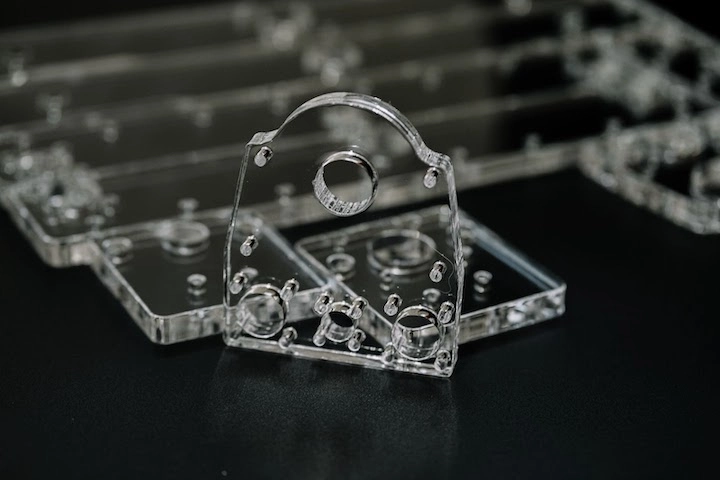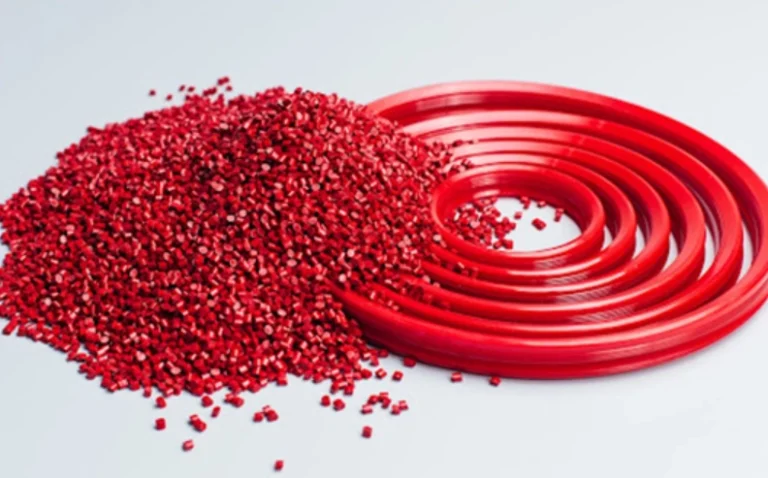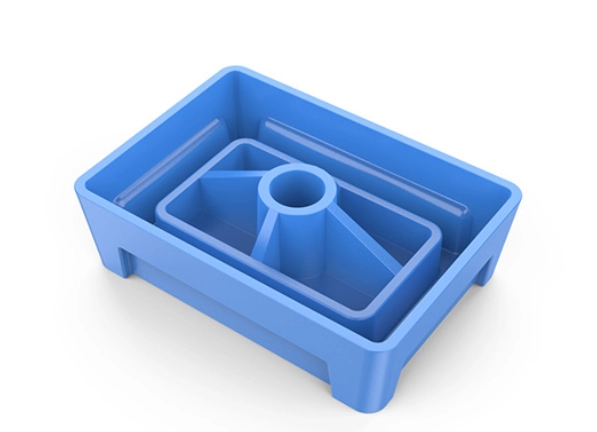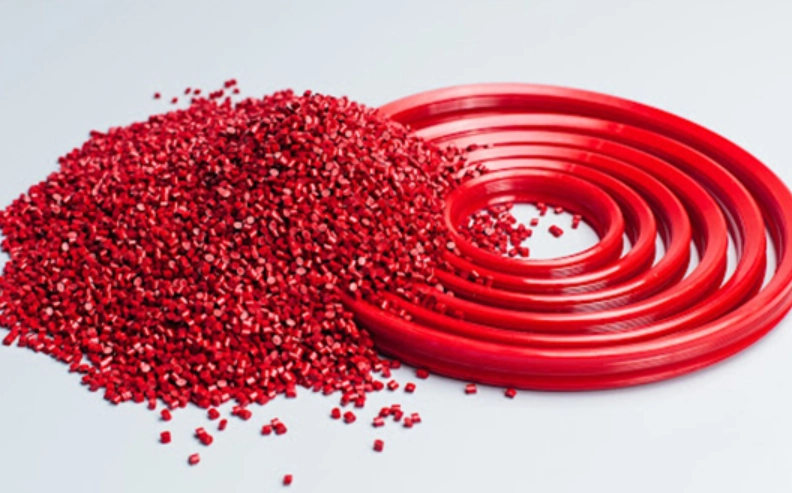The Top 10 Plastic Injection Molding Materials
Plastic materials for injection molding are used in lots of industries. They’re liked because they’re bendy, strong, and cheap. These plastics vary in how tough they are, how they resist chemicals, how clear they look, and how simple they are to shape. Choosing the right plastic is super important for making a product work great.
Acrylic (PMMA)
Acrylic is a tough, clear plastic. It’s light and won’t break like glass. It lets lots of light shine through clearly. Acrylic holds up well against UV light and bad weather. This makes it awesome for outdoor stuff. But it’s not great with solvents and can get marks from oils.
Acrylic injection molding is used for windows, greenhouses, solar panels, bathroom enclosures, and other see-through parts for buildings, lights, and outdoor projects.

Acrylonitrile Butadiene Styrene (ABS)
ABS melts at a low heat, so it’s easy to mold. This hard plastic can take on colors, patterns, and finishes. It’s strong with a cool look. But it doesn’t do well outside because UV light weakens it.
ABS injection molding makes things like keyboard keys, safety hats, electrical outlet covers, car parts like wheel covers, everyday products, sports gear, and industrial pieces.
Nylon (Polyamide, PA)
Nylon is a sturdy plastic called polyamide (PA). It’s strong, handles heat nicely, and resists wear, tiredness, and noise. You can add UV protection or fire-proofing for special uses.
Nylon injection molding is used for tough parts like bearings, bushings, gears, and slides. It’s also used for cases, snap-on covers, threaded inserts, moving bits, jigs, and tools.
Polycarbonate (PC)
Polycarbonate is strong, light, and naturally clear. It lets light pass through well. It keeps its color and strength when colored. It’s not scratch-proof or safe for food because of BPA. But it’s awesome for taking hits and staying steady in heat.
Polycarbonate injection molding is used for machine guards, clear or colored windows, LED diffusers, light pipes, and clear molds for urethane or silicone casting.
Polyethylene (PE)
Polyethylene is the most used plastic in the world. It’s a common plastic picked by its density. HDPE and LDPE both fight off chemicals. But they differ in hardness, bendiness, melting point, and clearness.
Polyethylene injection molding is mostly for indoor use since it’s weak against UV light. It’s used for house items, toys, food containers, and car parts because it can’t take high heat.
Polyoxymethylene (POM)
Polyoxymethylene (POM), also known as acetal, is a hard plastic. It’s super stiff and stays stable in heat. It has low friction and doesn’t soak up much water. This makes it great for exact parts.
POM injection molding is used for bearings, gears, conveyor belts, fasteners, lock systems, and high-performance engineering parts because of its low friction.
Polypropylene (PP)
Polypropylene is the second most used plastic. It fights chemicals well and has a high melting point. It doesn’t break down in water or moisture. But it weakens under UV light unless treated.
Polypropylene injection molding is used for toys, storage boxes, sports gear, packaging, appliances, and power tool bodies.
Polystyrene (PS)
Polystyrene plastics are light and don’t soak up water. They also handle gamma radiation well. There are two kinds: GPPS is clear, and HIPS is tougher.
Polystyrene injection molding is used for medical, electrical, and optical items. GPPS is for toys, containers, and trays. HIPS is for appliances because it’s strong.
Thermoplastic Elastomer (TPE)
TPE mixes plastic and rubber. It’s shaped like plastic but feels like rubber. TPE is stretchy like rubber but costs less than liquid silicone rubber to make.
TPE injection molding is used for shoes, medical tools, car parts, and pet products. In cars, it’s used for weather seals.
Thermoplastic Polyurethane (TPU)
TPU is a kind of TPE that’s often called out separately because it’s so popular. It’s stretchy like rubber and fights chemicals better than regular TPEs. But it needs drying before shaping.
TPU injection molding is used for shoes, gaskets, sports gear, and covers or cases for electronics.
More Plastic Injection Molding Materials
These ten plastics are the most common for injection molding today. But others, like PBT (polybutylene terephthalate), PPS (polyphenylene sulfide), LCP (liquid crystal polymer), or PEI (polyetherimide), are used for special jobs like handling high heat or insulating electricity. The plastics listed here are the main ones—including special plastics and blends—that Silkbridge can mold for you.
Elevate Your Production with Silkbridge’s Injection Molding Expertise
At Silkbridge, we offer complete solutions for your product ideas, from start to big production. Precision and quality are at the heart of our plastic injection mold-making services. Our modern factory has over 30 CNC machines. This ensures great performance for your projects.
We make over 30 million plastic parts each year with 100 advanced machines, from 180 tons to 1200 tons. Our tools meet the needs of industries like electronics, cars, and medical devices.
Silkbridge’s all-in-one approach means our team in Western Europe and China handles everything—design, tooling, plastic, electronics, and final assembly. This makes things easy for our customers.
Whether you’re making products sold worldwide or need DDP logistics support after production, Silkbridge ensures smooth work from prototype to delivery. Our main markets are the USA, Western Europe, and Japan. We’re proud to have made famous products sold globally. Let us help you choose the best plastic materials for injection molding to match your needs.
- WhatsApp: +86 18122838771
- Phone: +86 18122838771
- Email:contact@silkbridgeltd.com






